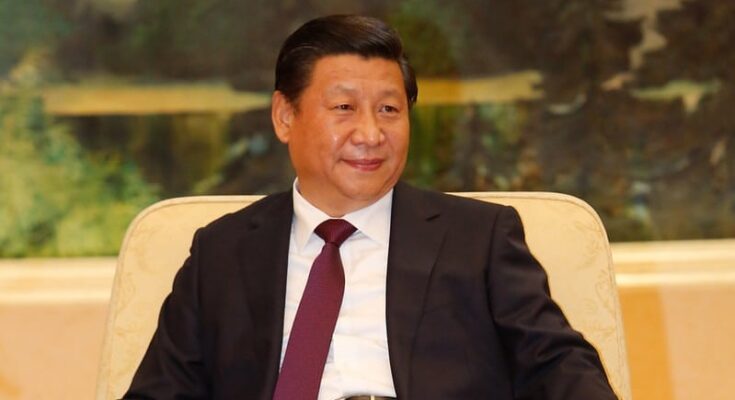
As the crisis in the Middle East grows and the conflict between Iran and Israel escalates, China seems to be worried about the future of the region.
According to an Economist report, relations between China and Iran are particularly good. Last year, for example, Tehran was allowed to become a full member of the Shanghai Cooperation Organization, an organization dominated by Beijing and Moscow.
China-Iran oil trade
China is a major beneficiary of Iranian oil. Although the amount cannot be precisely determined due to the means used by both countries to evade US sanctions, it is estimated at 10 to 15 percent of China’s crude oil imports.
As the world’s largest buyer of oil, China is concerned that the impact of a regional war in the Middle East could affect both the cost and flow of crude oil. For example, if Israel were to attack Iran’s oil facilities, Beijing would have to find more expensive suppliers, such as Saudi Arabia.
War in the Middle East is a big blow to China
Even if China were to turn its attention to Saudi Arabia, this does not mean that these ships could not run into trouble in the Strait of Hormuz or the Red Sea from missile attacks by Iran or the Houthis in Yemen.
This is not catastrophic for China, however, because it has large reserves, and oil accounts for 18 percent of China’s energy supply compared to 34 percent for the US. Nonetheless, a major war in the Middle East could hurt its commercial interests.
It has also invested heavily in energy and infrastructure projects in Gulf countries such as Saudi Arabia and the United Arab Emirates.
Dealing with the crisis
China sees U.S. power waning in the Middle East and believes it can fill the gap. The Chinese government has already strengthened its ties with Iran and Saudi Arabia. China describes the investments it has made in the region as part of the Belt and Road Initiative, a plan to boost trade and Chinese influence. But it wants to show that it is a non-interventionist power.
In March, however, China mediated between Iran and Saudi Arabia. This restored diplomatic relations that had been broken for some time.
In July, Fatah and Hamas announced to Beijing an agreement to work together to form a Palestinian government at the end of the war. Israel rejected the “Beijing Declaration” because it does not want Hamas to have a role in the Palestinian territories.
What a new report shows
According to a report by the Carnegie Endowment for International Peace, military ties between China and Iran are very limited.
It also appears that the deal struck between Beijing and Tehran to provide Chinese satellite technology for ballistic missiles was assessed as having little value by US intelligence agencies.
Even though the deal mentioned the possibility of $400 billion in Chinese investment over 25 years, China seems unwilling to pour money into Iran.



